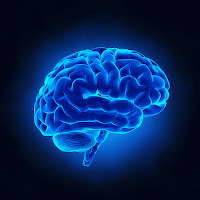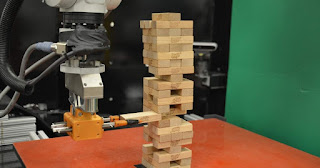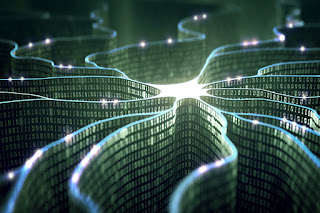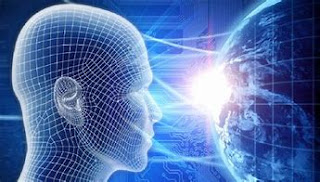NEW AI PREDICTS SPORTS INJURIES

Professional Soccer Clubs Using AI To Prevent Player Injuries Source: Stock Image of Soccer Match Gamechanging Tech A California based, AI company Zone7 is using artificial intelligence to analyze performance data on elite professional soccer players to predict, and thereby prevent, when they are at risk for injury. A number of professional soccer teams in Scotland, Spain and elsewhere are sending their training, game and health monitoring data to Zone7. Zone7 uses their algorithm to analyze the data against their huge data base on sports injuries. As part of its analytical base, the company uses 200 million hours of soccer data going back one year. On a daily basis, the company sends their client teams emails warning if any of their players are in the "danger zone" of being injured. Impressive Results Spain's soccer team Getafe has been using the system for more than a year. They say their team injuries are down 66%. For every 3 injuries they ...












